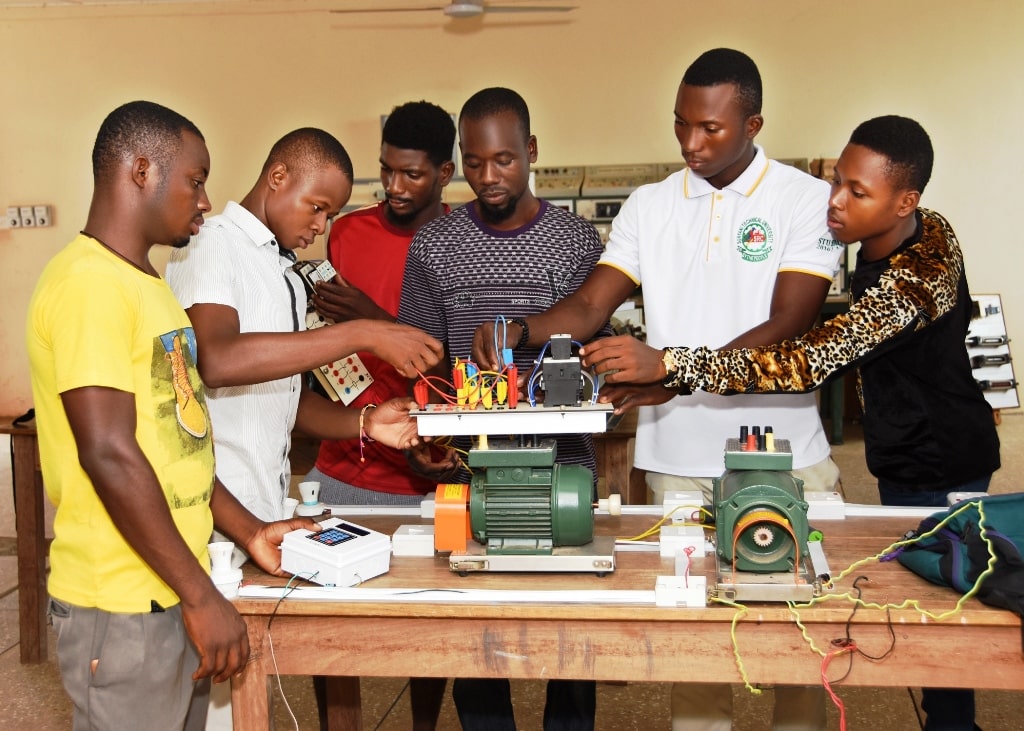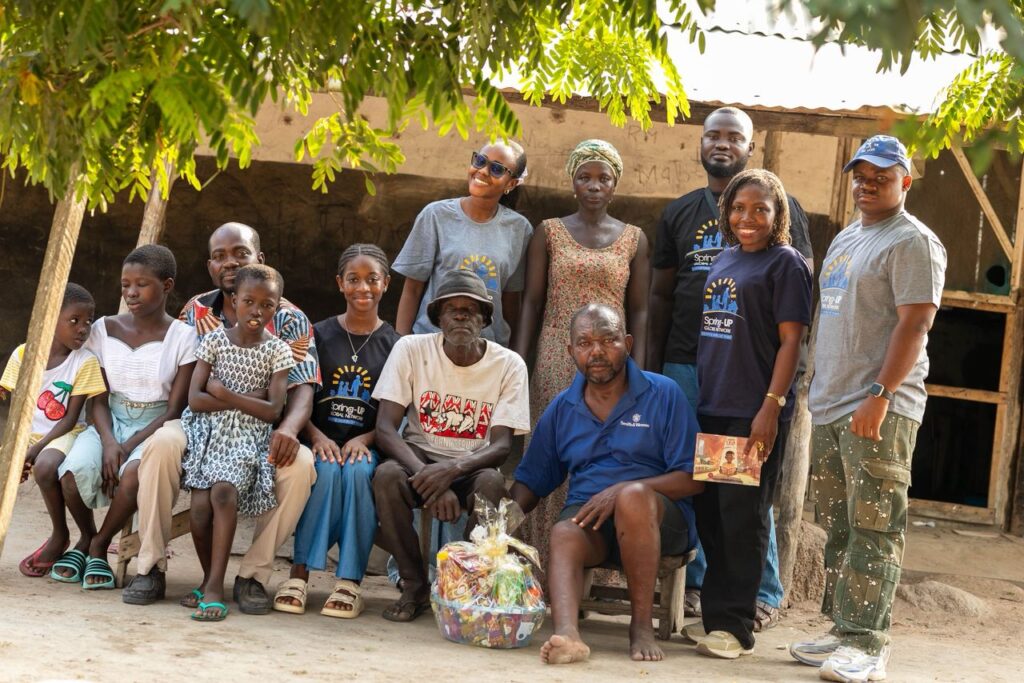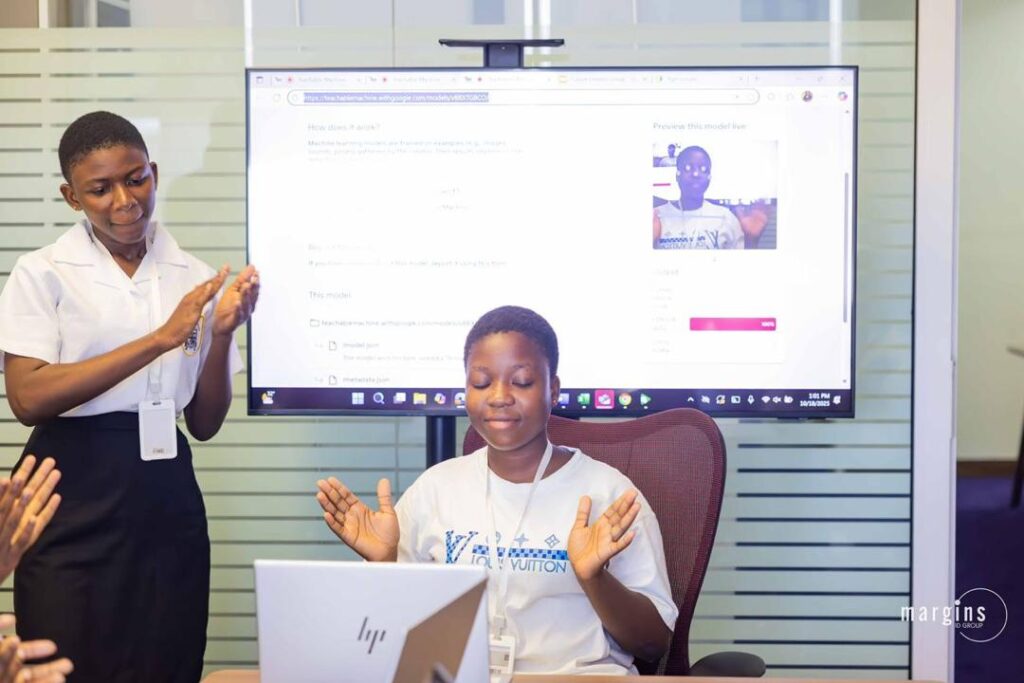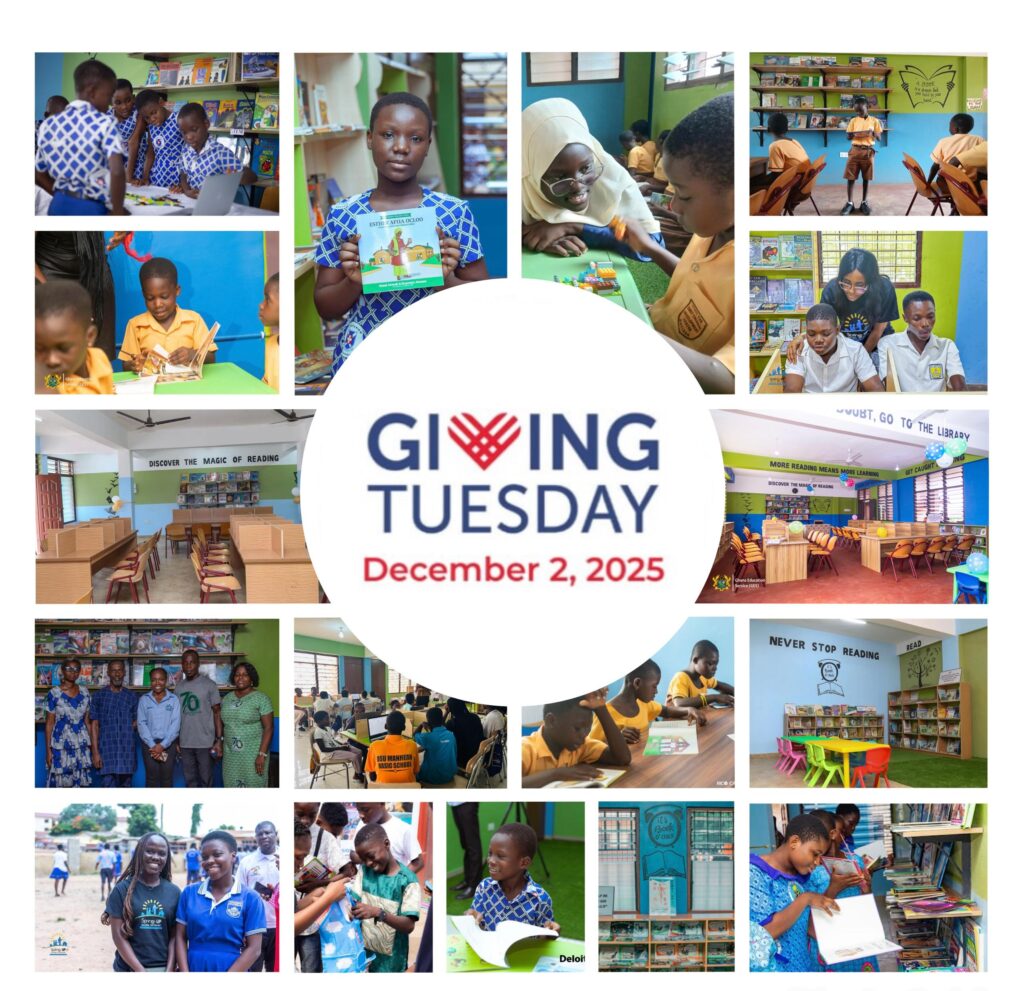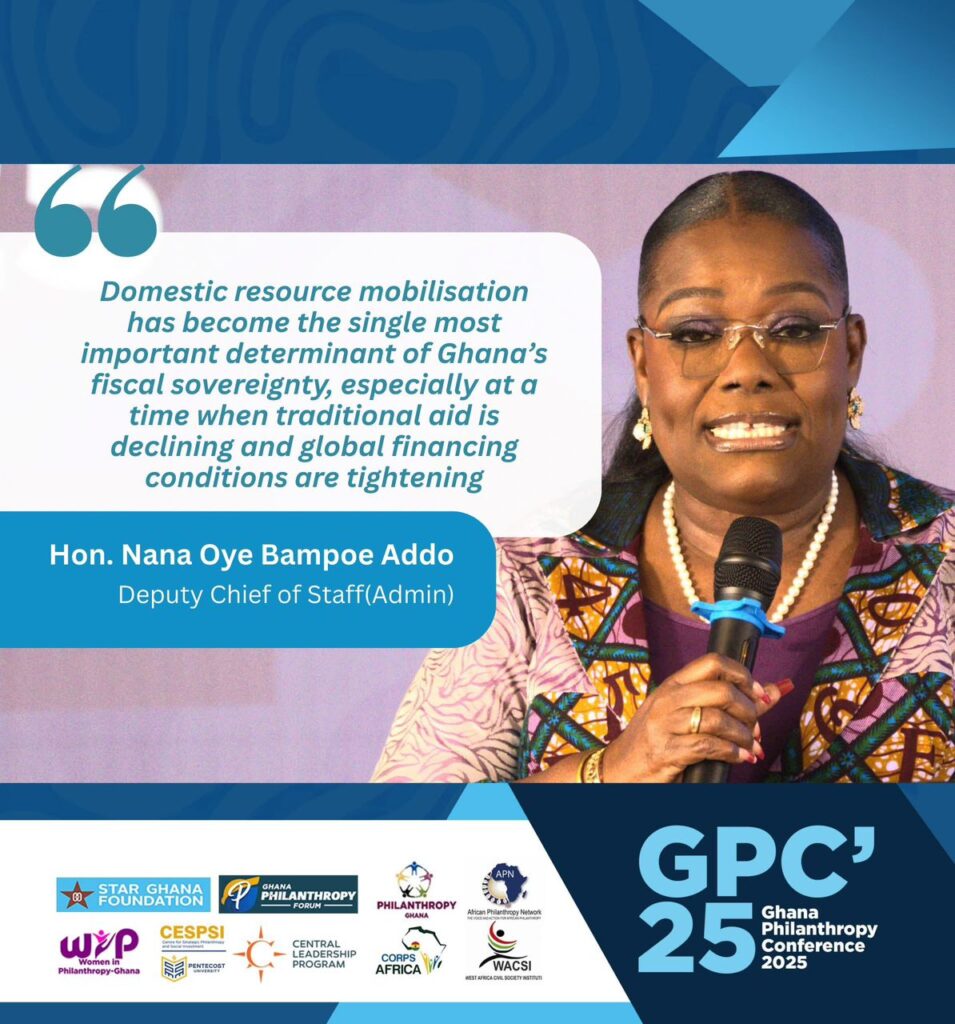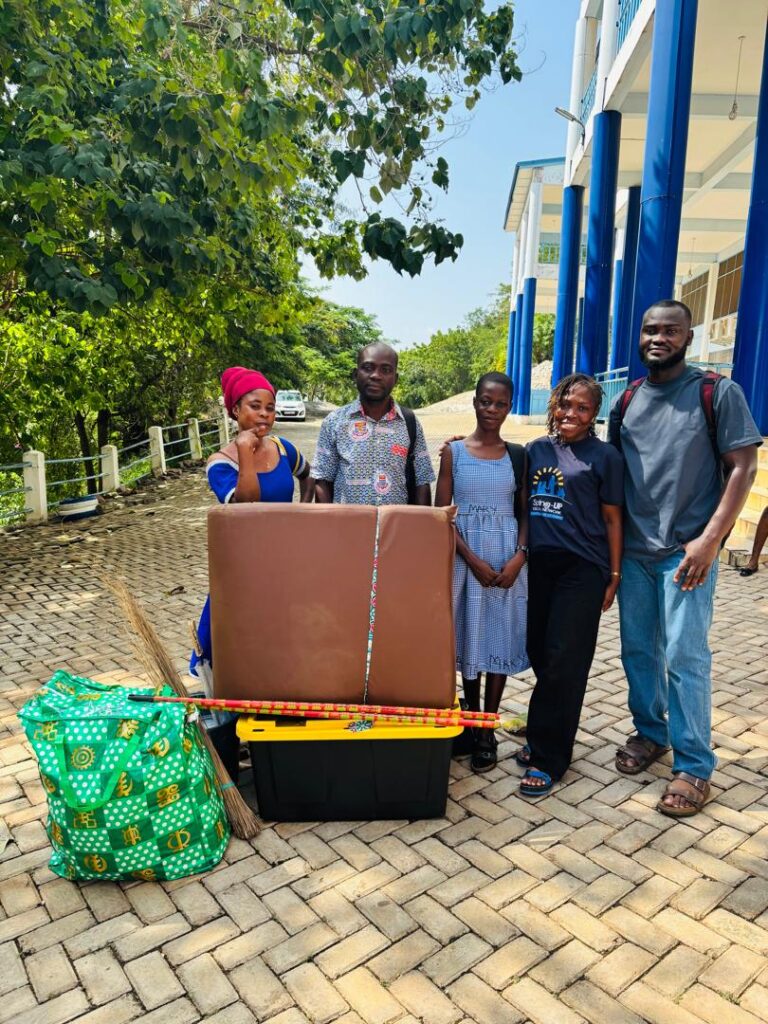The Covid-19 pandemic has jerked the world especially Africa into coming up with immense changes it wasn’t ready for. To an extent it has been a blessing. Th pandemic has made the world cleaner in terms of less greenhouse emissions, brought families closer and it has been a catalyst for digital transformation for businesses, churches, schools etc.
But unfortunately, it has been more of a curse than a blessing. Businesses have been shut down, the rate of unemployment just skyrocketed and schools have been shut down and so many other negative effects.
Its massive negative impacts have compelled the world to devise coping mechanisms to survive this “new normal”. However, for the sake of this paper, the focus will be on how final year students in rural Ghana are coping with the situation and the reopening of school.
Due to the closure of schools which took effect from 15th March, 2020, Ministry of Education, Ghana has developed an online or digital pedagogy to help students especially final year students continue the teaching and learning process even though they are home. That’s a great idea and would have been the ultimate solution if every part of Ghana had a level of development in terms of internet and electricity.
Unfortunately, the rural parts of Ghana face internet and infrastructural inadequacy to help them participate in this initiative. The students in the rural areas are being left behind as they are not equipped to adapt to the new modalities of learning. Sadly enough, they can’t resort to homeschooling too since most of their parents are not educated enough to teach them while they’re at home.
Notwithstanding, some of the rural students have resorted to group studies with their friends. In some part of the rural communities, some educated youth volunteer their time and knowledge to teach and help the final year students adequately prepare for the examinations at hand.
The fortunate rural folks who have TV or radio, participate in the TV or Radio teaching program instituted by the Ministry. However, some children get to learn better only when they’re in the classroom. They don’t get to study at home since they’re embedded with house chores and other responsibilities.
Some final year students haven’t made any attempt at studying since the temporary closure of schools. The disparity between the rural and urban final year students who pass the BECE(final exams written by junior high school final year students across the nation) may intensify this year due to challenges stated above.
Thankfully, the government announced the resumption of school which took effect on June 29th for final year students to prepare adequately for the final exams in September. With this, rural students can now access the traditional mode of teaching and learning to help them prepare towards the exams.
Howbeit, due to the long period (15weeks) for which they stayed home, some students have lost interest in schooling likewise some parents.
The rural parts of Ghana is known for its less interest or priority for education. They prioritize farming, early marriage, child labor etc over education. NGOs, advocacy groups and government institutions have worked hard for decades to educate the rural folks on the importance of sending their children to school. Looking back, one can say there has been some progress; the percentage of rural children in school now as compared to decades ago has increased.
However, the pandemic is likely to retrogress the efforts channeled by the government and NGOs towards this cause, as there are signs already being showed by some parents and students in this regard with the recent reopening of schools for final year students.
A teacher in rural part of Eastern region stated that since the reopening of school for the candidates, he has never had a full class, those come today are not the ones who come to school tomorrow. It’s as though the students were running a shift system. Also, it’s been two weeks now and some of the students have not reported to school since it’s reopening.
Some have lost interest in schooling, while for others their parents are enjoying the daily wages the children bring home from their daily labor. For other parents, the children have been of great help to them on their farmlands and livestock rearing endeavor so they do not see the need to make their children go back to classroom since they’re not seeing any immediate benefit of that.
Matters will become worse for the other rural students who are not yet in school. The country might see about 70% school dropout in the rural areas if schools are not reopened soon or other initiatives launched to keep the students active academically while schools are still closed.
With respect to preparation and performance of the final year students in the upcoming exams, it’s predictable that it will not be the very best. Historically, the rural candidates of the B.EC.E have always generally performed poorly in the exams. Now looking at the ramifications the pandemic has had on their studies and preparations towards the exams, their performance is forecasted to be godawful.
Government and NGOs need to devise urgent means to salvage the situation.
Written By: Mavis Tetteh (SUGN VOLUNTEER WRITER)


